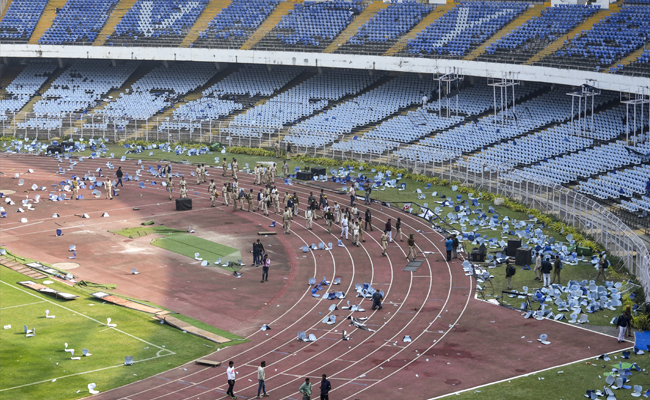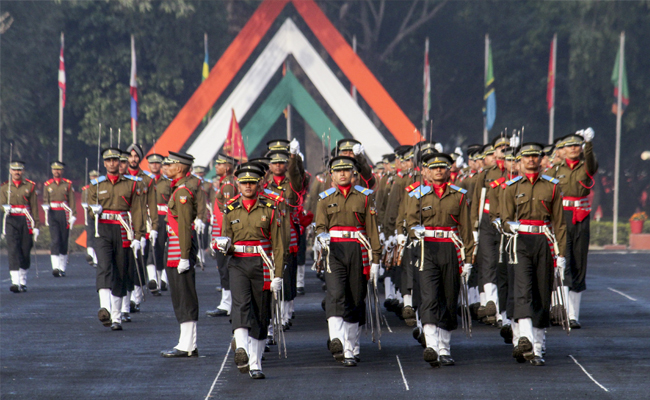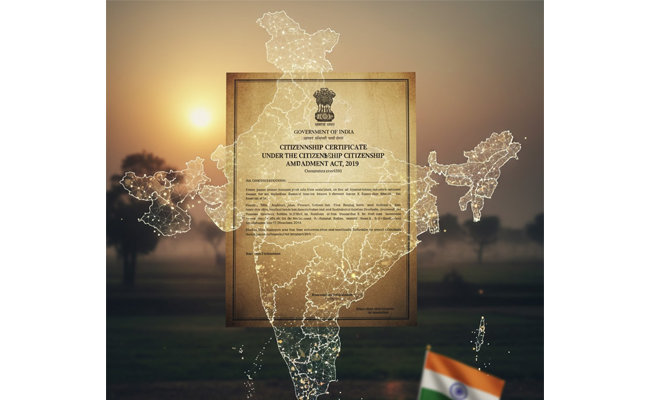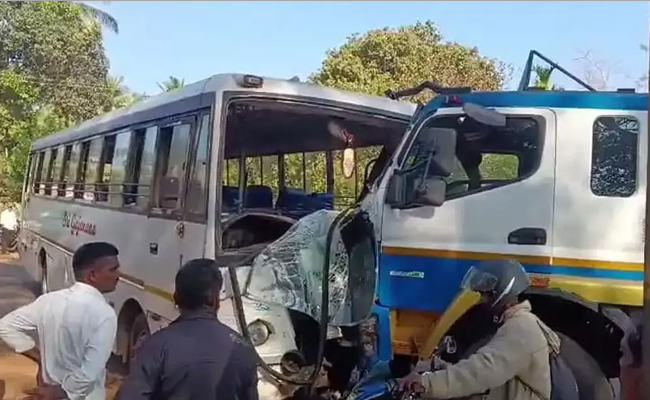Rourkela (PTI): At least five persons, including three women, died and four others were critically injured in a clash between two nomadic groups in Odisha’s Sundergarh district, police said on Wednesday.
The incident took place at Karamadihi village under the jurisdiction of Sadar Police Station late on Tuesday over a suspected extramarital affair, they said.
All the five were hacked to death by the rival group, a senior police officer said.
Western Range DIG Brijesh Ray said the four injured were undergoing treatment at Sundargarh District Headquarters Hospital.
According to preliminary reports, some persons of the rival group entered the village with sharp weapons and attacked members of the other faction.
Investigation is underway and two police teams have been formed to nab the culprits, officials said.
Senior police officers, forensic teams and a dog squad are at the spot, they added.
Let the Truth be known. If you read VB and like VB, please be a VB Supporter and Help us deliver the Truth to one and all.
Kolkata (PTI): The police on Saturday arrested Satadru Datta, the prime organiser of the Lionel Messi football event at Salt Lake Stadium here, following widespread chaos at the venue, which prompted the Argentine World Cup-winning captain to leave the field early.
Taking suo motu cognisance of the stadium unrest, Datta was held by the Bidhannagar Police for “mismanagement” of the event from the Kolkata airport, where he had gone to see off Messi and his entourage on their way to Hyderabad.
"We are looking into whether there was any mismanagement from the organiser's side, which led to the chaos at the stadium. He has been detained, and the police have now brought the situation under control," West Bengal DGP Rajeev Kumar said at a press conference.
A senior police officer later confirmed that Dutta has been arrested. Till reports last received, the police were interrogating him and his manager inside one of the departure lounges of the airport.
The organiser has given in writing that he will refund the prices of tickets he sold to the disappointed spectators, Kumar said.
What was supposed to be a marquee football spectacle turned into widespread violence and disorder at the stadium after Messi’s brief and tightly ring-fenced appearance, his first at the venue since 2011, left large sections of the crowd frustrated, as they failed to catch a glimpse of their superstar despite having travelled from far and wide, paying hefty sums for tickets.
Police said they were also investigating how organisers allowed sale of bottled waters and beverages inside the stadium premises, which are banned items during such events.
Thousands of water bottles were used as missiles and lobbed inside the pitch by angry spectators, who also uprooted bucket seats from the gallery and used them as ammunition inside the field against the defending police and security personnel.
Spectators alleged that water bottles were being sold at a massive premium inside the stadium despite police disallowing such items from outside at the entry gates.
Police agreed there was an underlying tension in the galleries on account of Messi not showing his footballing skills on the field, which only got aggravated after a bunch of VIPs, including State Sports Minister Aroop Biswas and unidentified people, blocked the football icon’s view during the limited time he spent on the ground.
“We are on the job, and will ensure that whoever is responsible for what happened today at Salt Lake Stadium will be punished, and action will be taken against the authorities concerned,” said Jawed Shamim, ADG, Law and Order.





